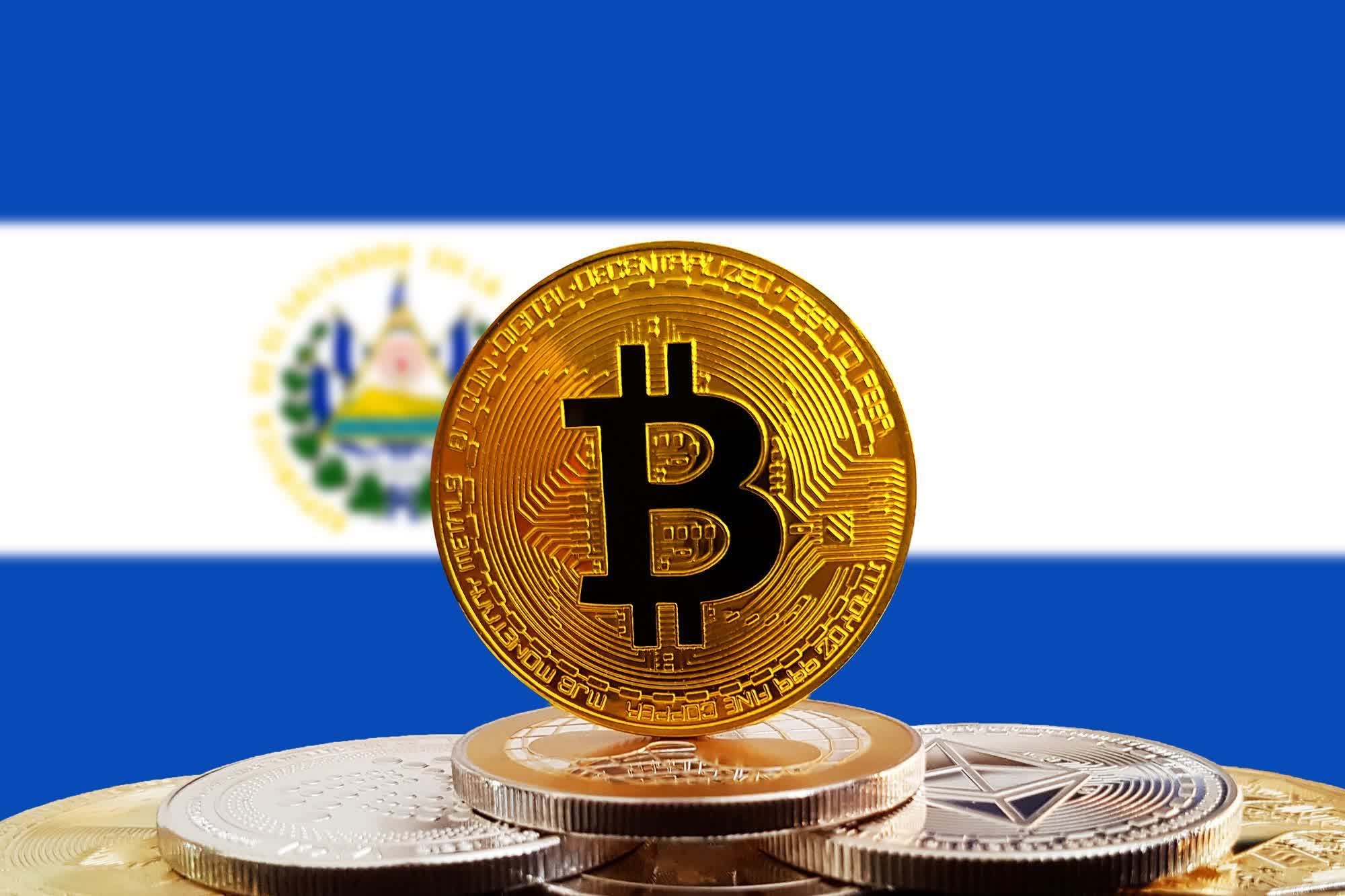In brief: El Salvador may be embracing Bitcoin, but the International Monetary Fund (IMF) doesn't share the country's enthusiasm and recommends removing the digital currency's legal tender status due to financial and consumer risks.
Bloomberg writes that El Salvador, which became the first country to accept Bitcoin as legal currency (alongside the US dollar) in 2021, asked the IMF for a $1.3 billion loan last year, but the organization is reluctant to hand over the money due to its Bitcoin concerns.
Last year, the IMF conducted one of its consultations in which staff visit a country to prepare an Article IV economic evaluation report for the executive board. In a statement Tuesday, IMF executive directors agreed with findings highlighting the "large risks associated with the use of Bitcoin on financial stability, financial integrity, and consumer protection, as well as the associated fiscal contingent liabilities." They urged El Salvador authorities "to narrow the scope of the Bitcoin law by removing Bitcoin's legal tender status," and some members also "expressed concern over the risks associated with issuing Bitcoin-backed bonds."
After passing its Bitcoin law in June last year, the cryptocurrency became legal tender in El Salvador in September--- the same day BTC fell $10,000. The country has repeatedly 'bought the dip' each time the price drops, and it now holds around 1,801 Bitcoin, currently worth over $68 million.
¡El Salvador será el primer país del mundo en tener una #BitcoinCity!
--- Casa Presidencial 🇸🇻 (@PresidenciaSV) November 21, 2021
Estará entre la ciudad de La Unión y Conchagua. Las personas podrán vivir en La Unión pero trabajar en la #BitcoinCity. Pronto empezarán a ver todos los beneficios, cuando el desarrollo y la inversión llegue. pic.twitter.com/21bx7Yc5aJ
El Salvador has continued to focus on all things crypto, from its volcano-powered mining project that produced its first currency in October, to plans for a Bitcoin city that will have no income, property, capital gains, or payroll taxes, just value added tax.
But the country has faced pushback over its plans. The World Bank refused to help with its implementation of Bitcoin, and some citizens are far from happy about using cryptocurrency.
